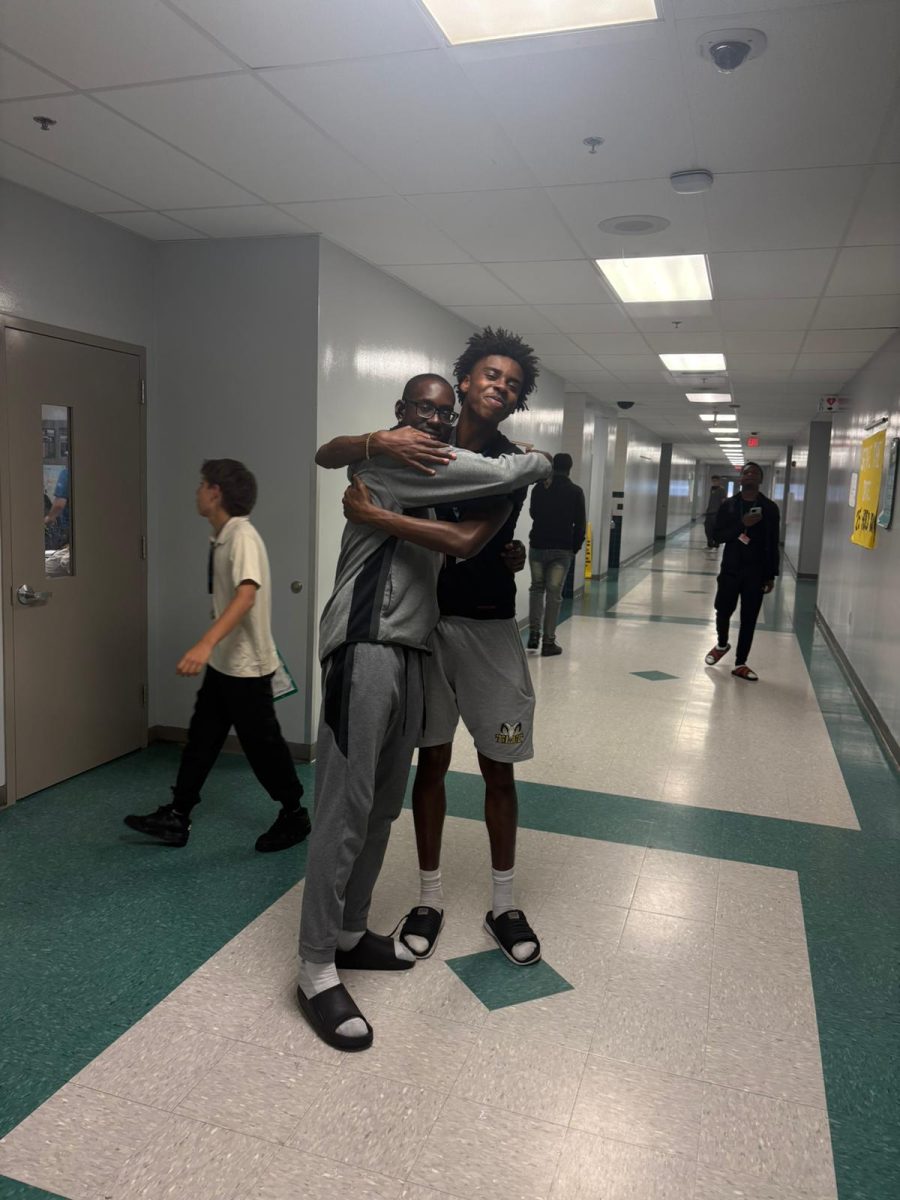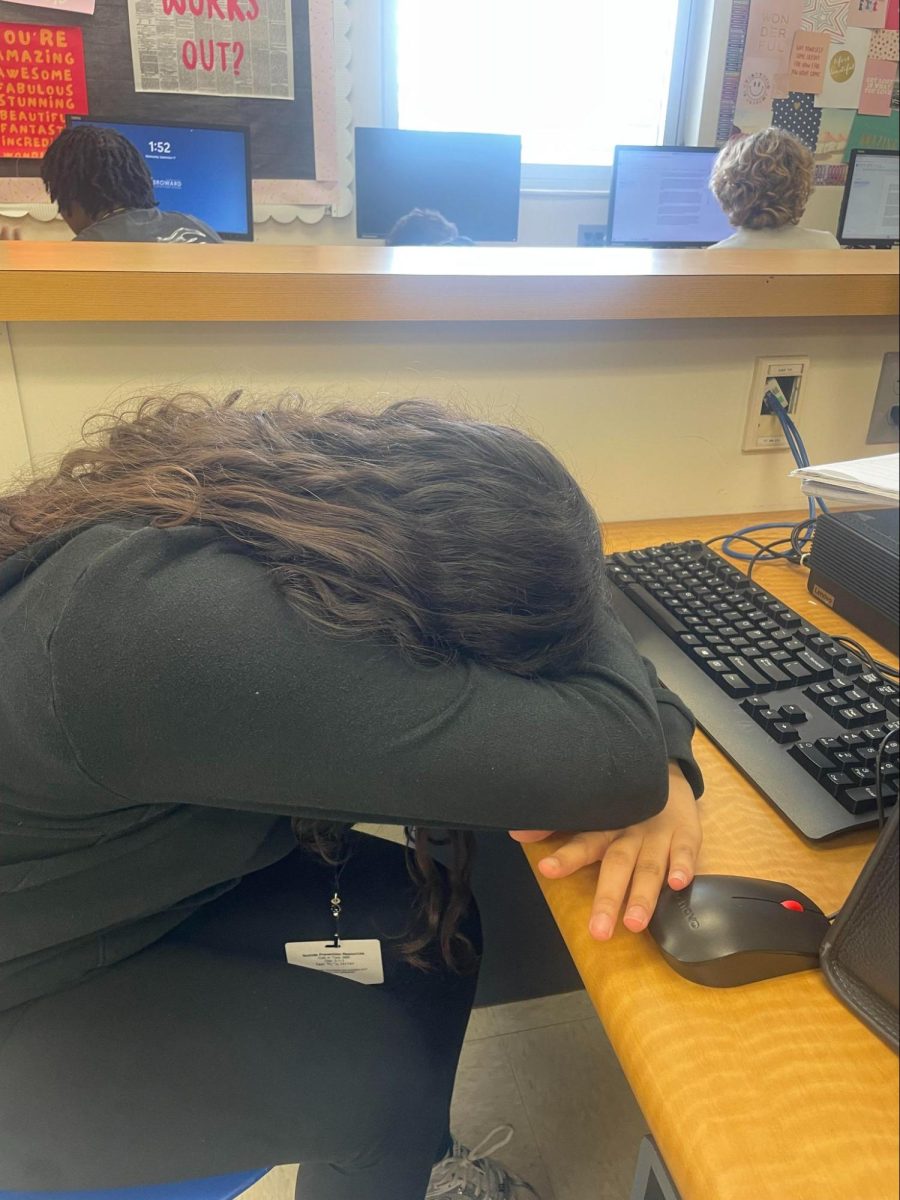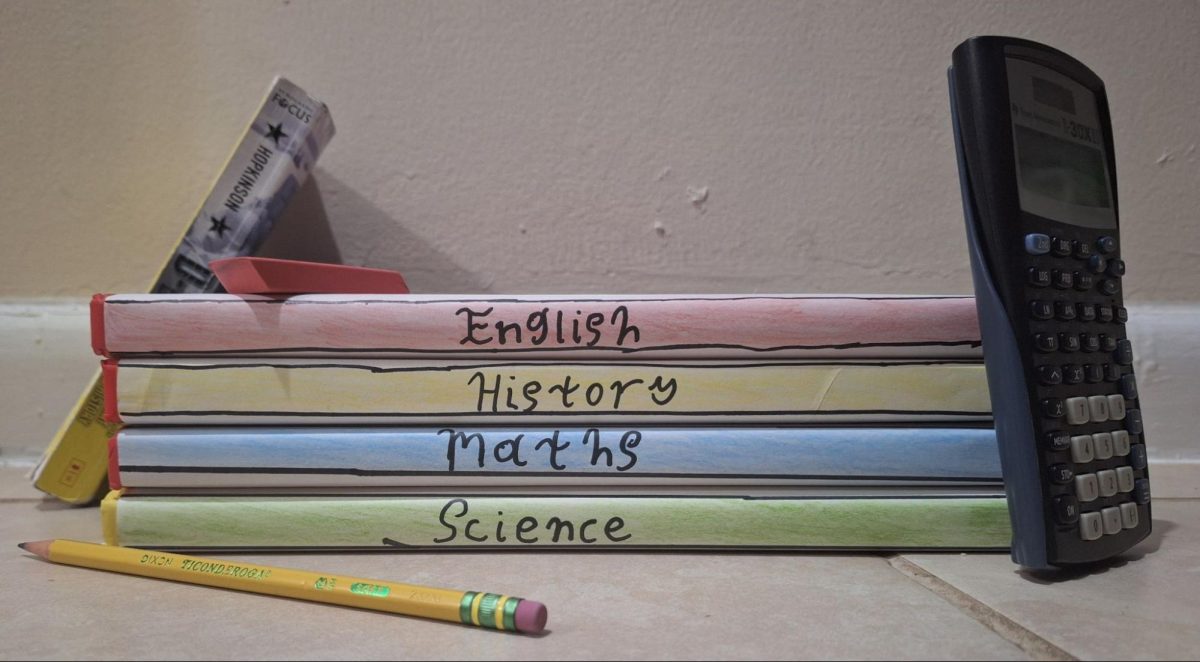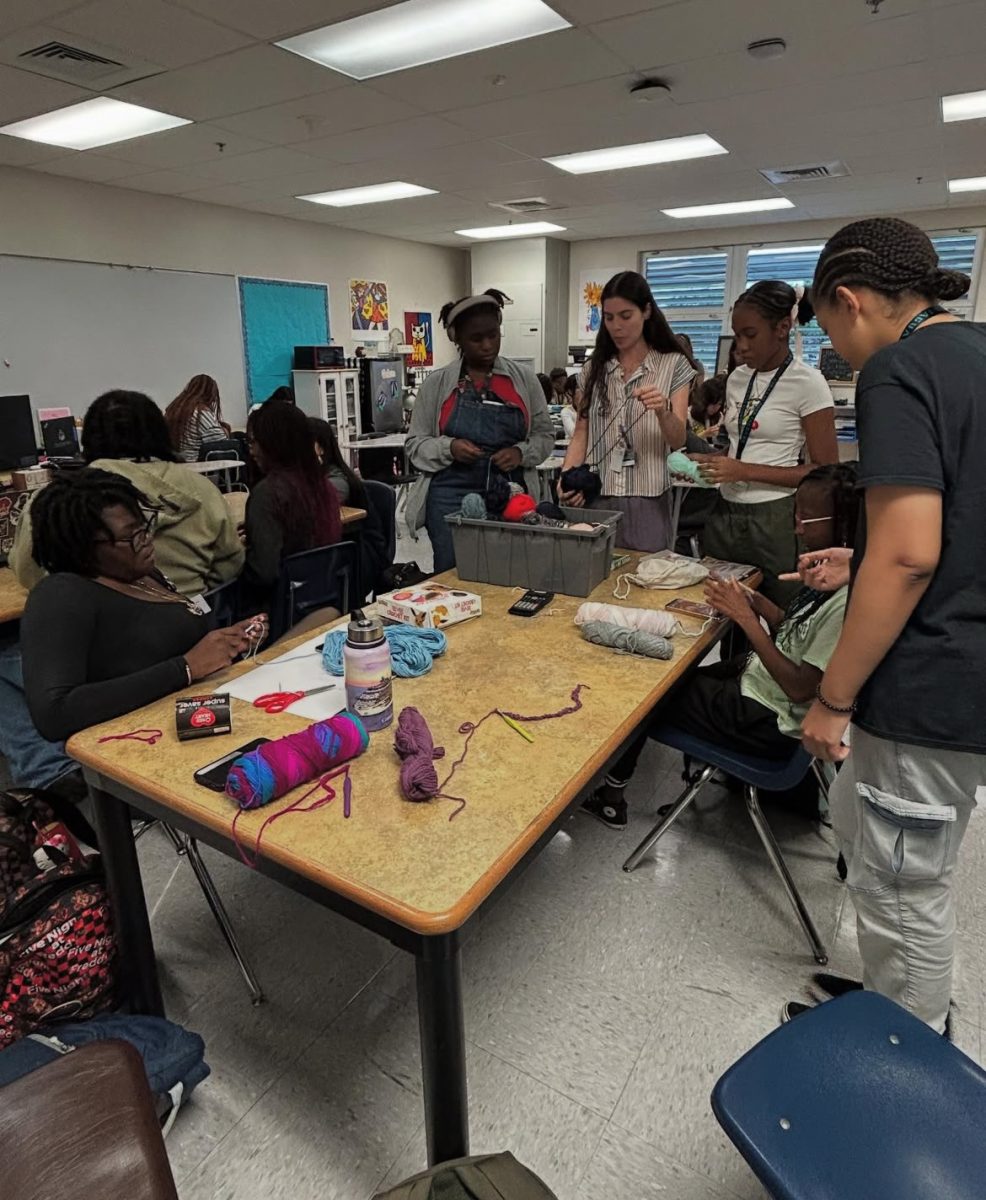In a world filled with high prices appearing to be nonstop, people and companies have a challenging time affording what they need. Schools are no exception, especially with limited budgets, making it difficult to afford necessities.
As a result, schools in America tend to receive the short end of the stick to government funds. When something is broken, it will take months to possibly years worth of waiting for staff and students.
More often than not, teachers pay for their own materials, with the material covered by the school being materials such as textbooks or the vent system. Teachers often don’t replace material since the school will take ages to afford it, if needed, they must pay themselves.
If schools nationwide take advantage of a teacher’s willingness and kindness, it’s only a matter of time before protests from teachers across the country will rise. If such risks are available, schools take notice of this by firing teachers or forcing them to stop.
Schools only do so since their budget is already limited. Rather than a rebellion of schools or teachers, the government must be willing to spend more costs on schooling. If not, teachers will have to pay for materials from now until given a chance. However, the time for that may take years or possibly decades.
It is a school’s responsibility to pay for its materials and issues without affecting its staff. If a teacher chooses to pay for extra materials that are not necessary to the learning environment, then they must pay for it. For general needs, a school must pay for their costs and if students happen to damage material, then it must not be up to the teachers but students to pay.
This can be done through the spread of awareness of schooling and actions of those of high positions such as principals, counselors, and those further beyond eventually leading to the federal government where then and only then can such changes be made.
A teacher’s responsibility is to teach, care, assist, and nurture their students. It should not be their obligation to do something that does not help the needs of staff, themselves, or students. Likewise, a school’s responsibility is to welcome, accept, and assist students in any way they can beyond staff while hospitalizing everyone they can at all times.
Teachers who share stories such as these every day share their thoughts on school materials and sources of funding.
“Regarding supplies, if it’s something like a decoration that the teacher wants to have, then they should pay for it themselves. But if they’re an expectation, then the school should pay. Basic stuff like that, but specific posters should be the teacher’s responsibility. Teachers should not have to pay for textbooks since they pay that often, we still have to pay for tissues and stuff like that often. Teachers spend a lot of money on parenting responsibilities. I definitely think if a student breaks something on purpose or carelessly and they know better, then they should pay for the devices or material they broke. Teachers should monitor student use, but not be responsible for student incidents. If the school decides not to hold students accountable then the school should be responsible.” – Shelly Toth, a science teacher, says on the responsibility of a teacher’s wants and especially needs, being pressured by the school wanting fairness for the school, teachers, and if needed, students.
“I think our school does a very good job at providing basic resources, but when it comes to things that are broken for my course, I’m forced to pay for it out of my own money. With that in mind, I think the school should pay me for the bought supplies. I don’t think we should pay for supplies to enhance the needs of students, that’s the school’s responsibility.” – Stacy Greene-Lehrman, a history teacher, says on a teacher’s responsibility to the school and their students, to an extent.
Teachers should be given the choice to pay for materials they want in the classroom while having needs being paid by the school. In a world so divided, it is essential to keep and nurture future generations and those who teach them with respect. If not, the educators of today won’t be here tomorrow.








![[Photograph of an Italian sandwich] Photo Creds: https://www.thepioneerwoman.com/food-cooking/recipes/a42398453/italian-sandwich-recipe/](https://cghstheprowl.com/wp-content/uploads/2025/10/image1.png)











































